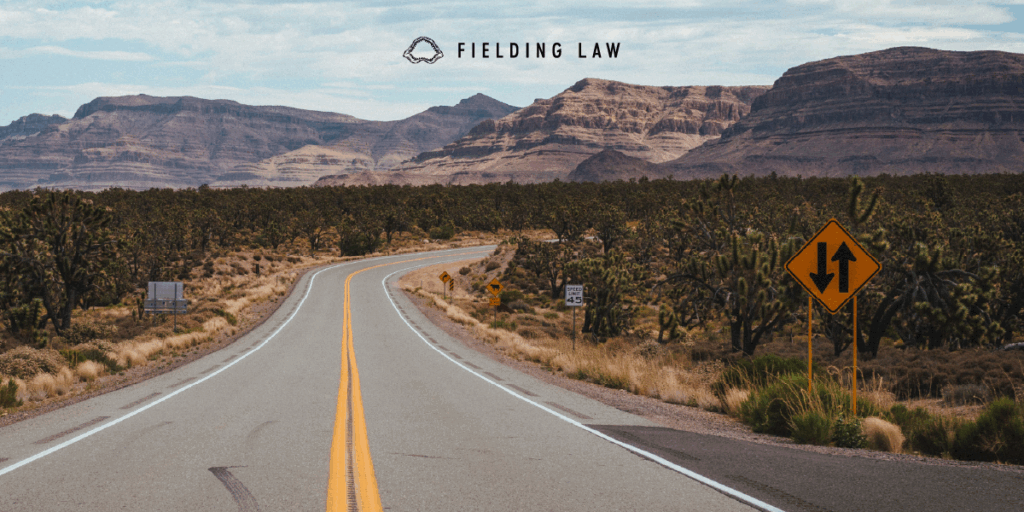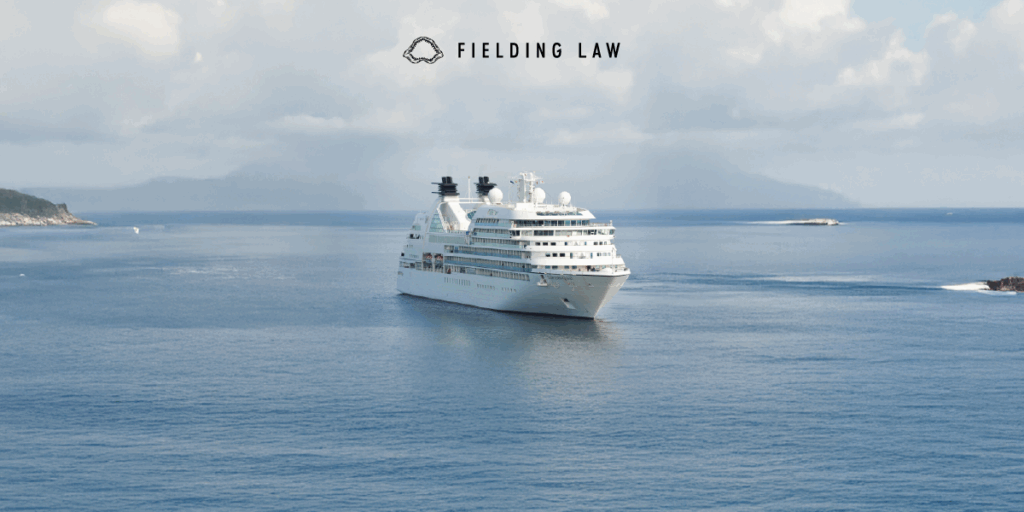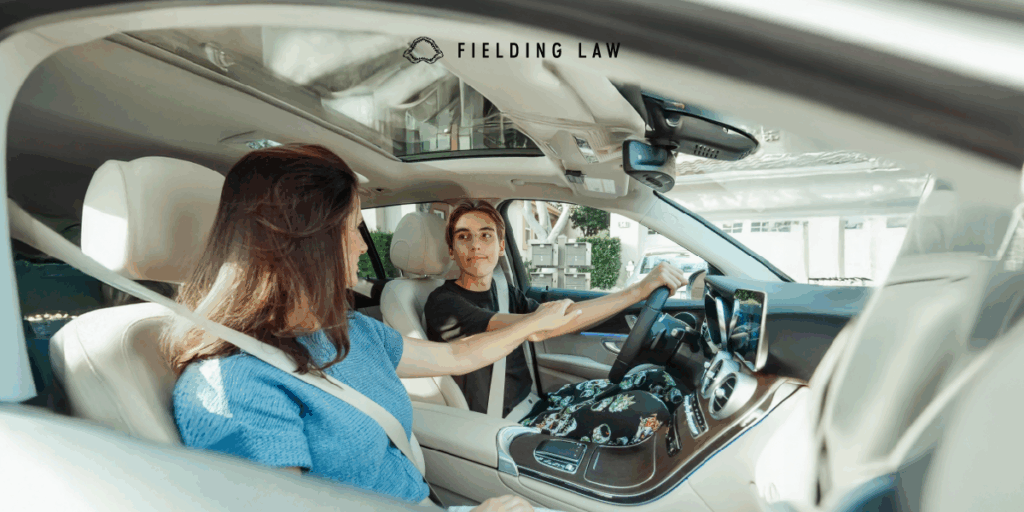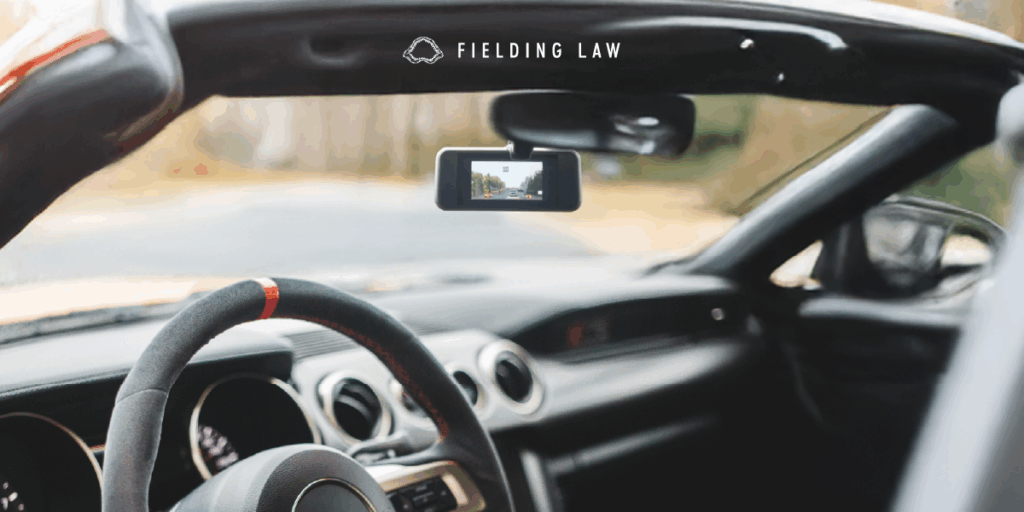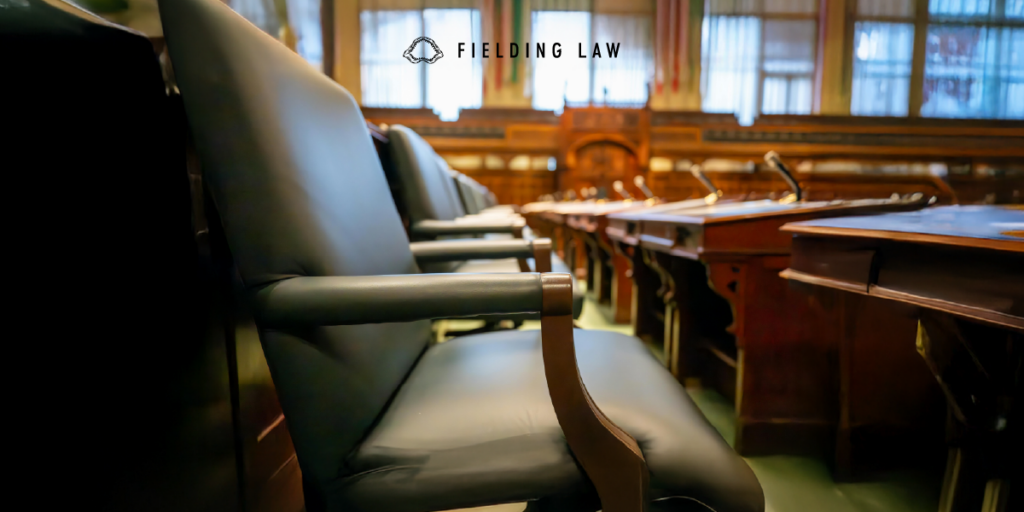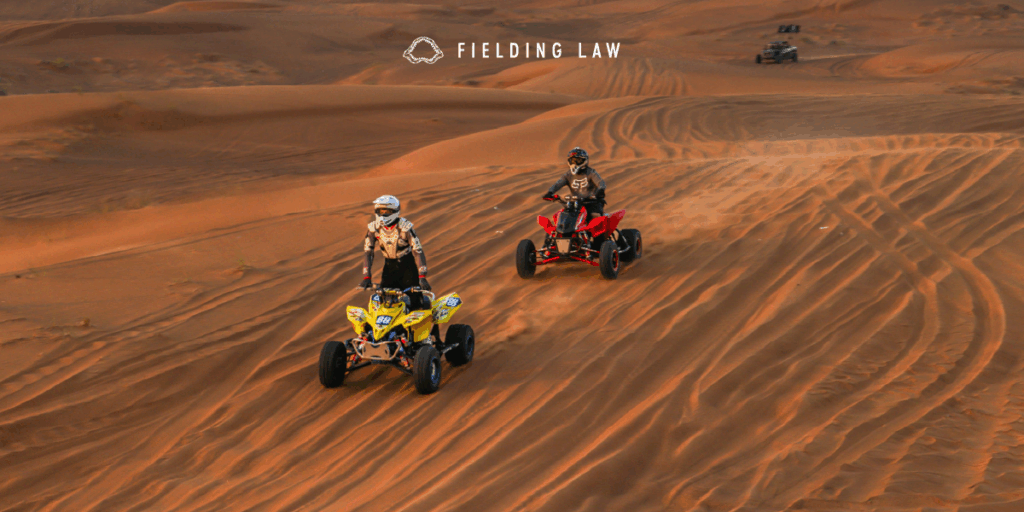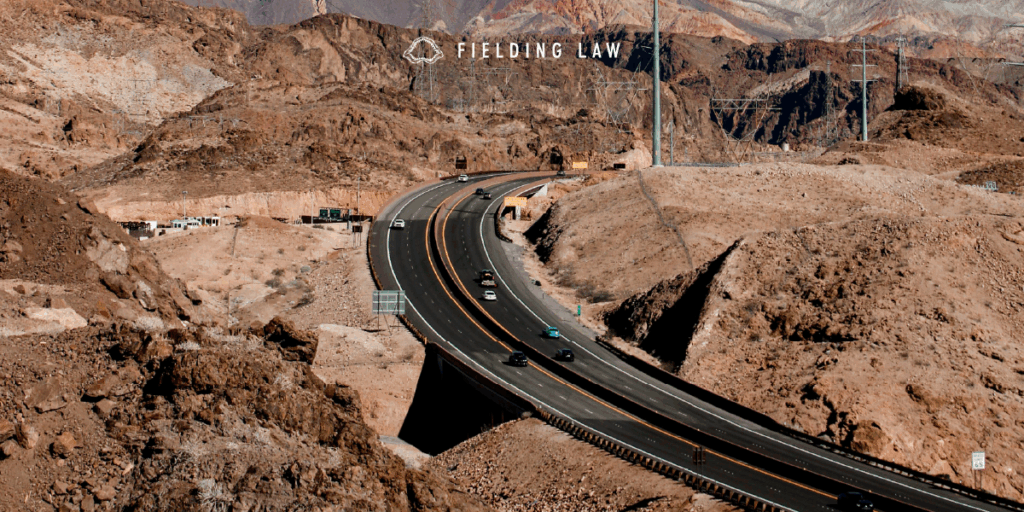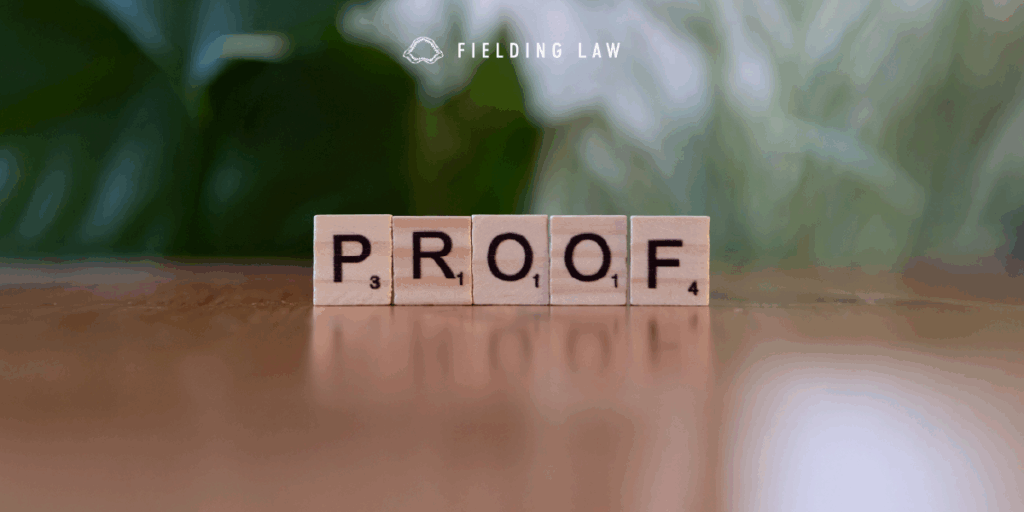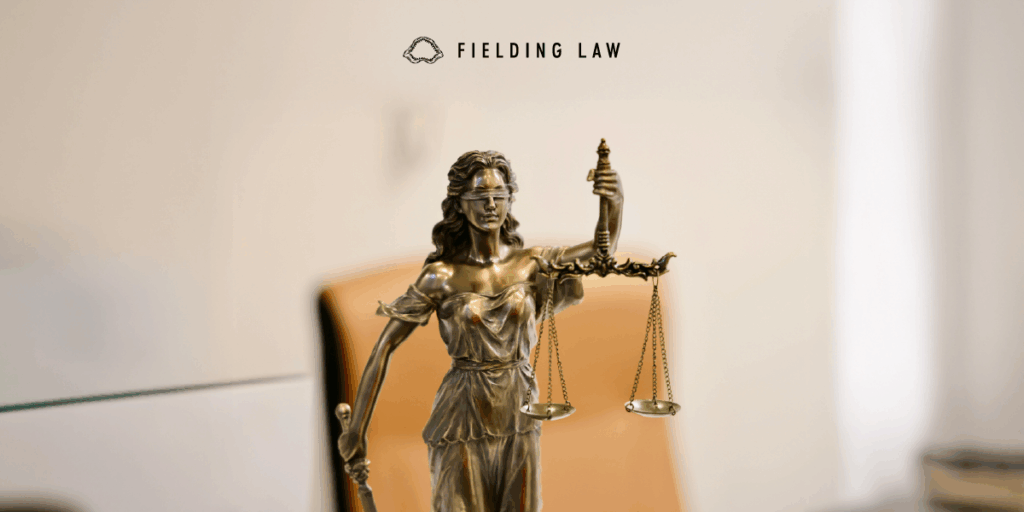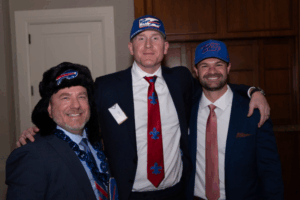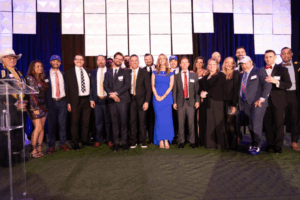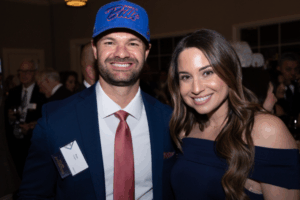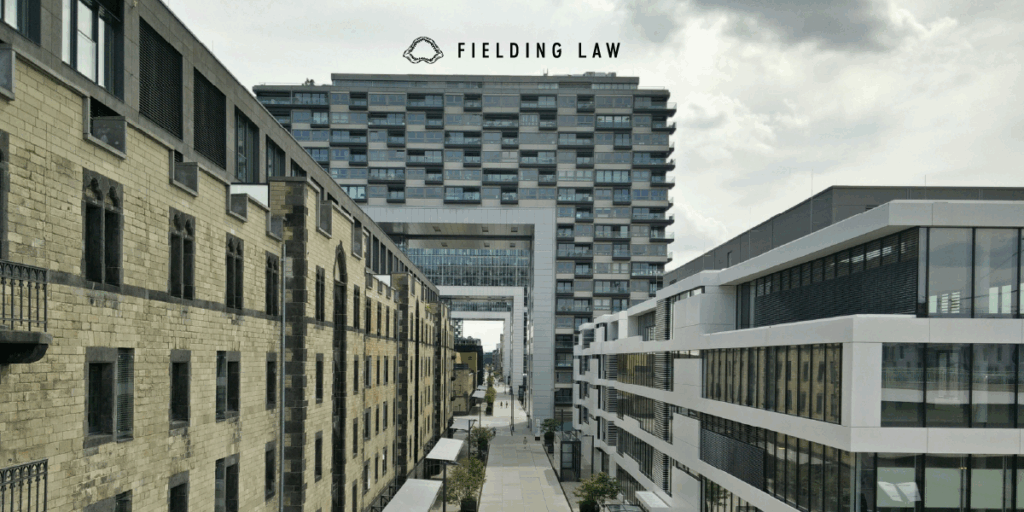
Common Apartment Complex Safety Problems
Living in an apartment can seem convenient, but safety issues in Arizona complexes can create serious risks. Some common hazards include:
-
Poorly maintained stairs and walkways: Cracks, loose railings, and uneven surfaces can make residents trip and fall.
-
Inadequate lighting: Dark parking lots, hallways, or entrances increase the chance of assaults or accidents.
-
Broken locks and weak security: Faulty doors, windows, or gates leave residents exposed to theft or attack.
-
Swimming pool dangers: Slippery surfaces, broken gates, or lack of supervision can cause serious injuries or drowning.
-
Pest infestations: Rodents, insects, or other pests can harm health if management does not act quickly.
-
Fire hazards: Blocked fire exits, old wiring, or malfunctioning smoke detectors can trigger dangerous fires.
These hazards pose higher risks for children, seniors, and people with mobility challenges. Landlords and property managers must keep apartments safe. When they do not, it may count as negligence under Arizona law.
What Apartment Owners Must Do
Arizona law requires apartment owners and managers to provide a safe environment. They must:
-
Inspect and maintain common areas regularly
-
Keep parking lots and hallways well-lit
-
Fix known hazards quickly
-
Inform tenants of potential dangers
When owners ignore these responsibilities, residents may claim compensation for injuries.
Steps to Take After an Apartment Accident
If unsafe conditions cause injury in your Arizona apartment, you should:
-
Get medical care right away.
-
Take photos or videos of the hazard.
-
Report the problem to management in writing.
-
Ask witnesses for statements if possible.
-
Contact Fielding Law for advice on protecting your rights and pursuing a personal injury claim.
Why Hire Fielding Law
Fielding Law helps Arizona residents who get hurt because of unsafe apartments. We gather evidence, investigate accidents, and fight for compensation for medical bills, lost wages, and pain and suffering. Our team combines care with experience to support you throughout the legal process.
If negligence caused your injury, you deserve a legal team that will protect your rights. Call 833.88.SHARK to speak with a skilled attorney who understands apartment complex injury cases in Arizona.
Note: Information provided is for educational purposes and does not constitute legal advice. Always consult with a qualified attorney for legal concerns.
